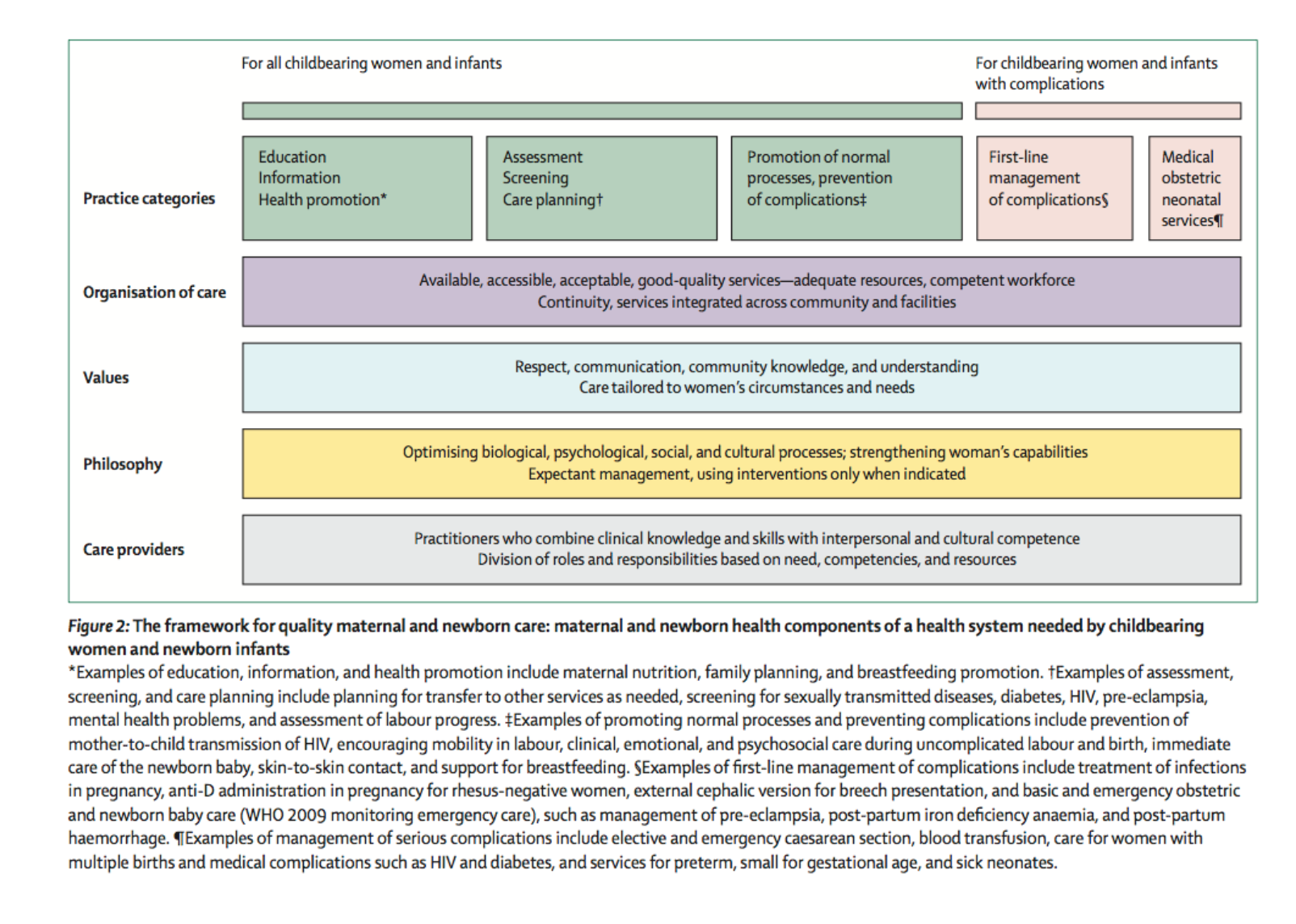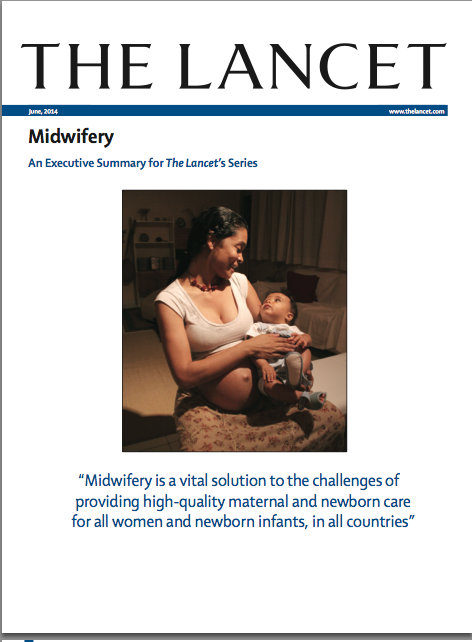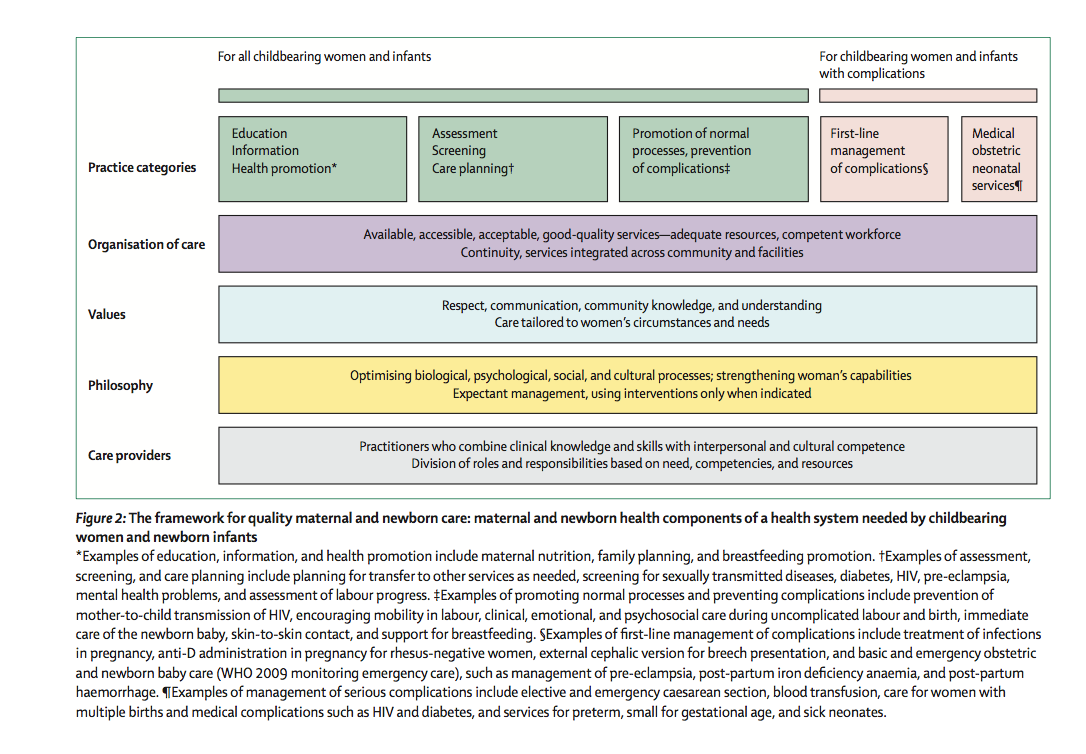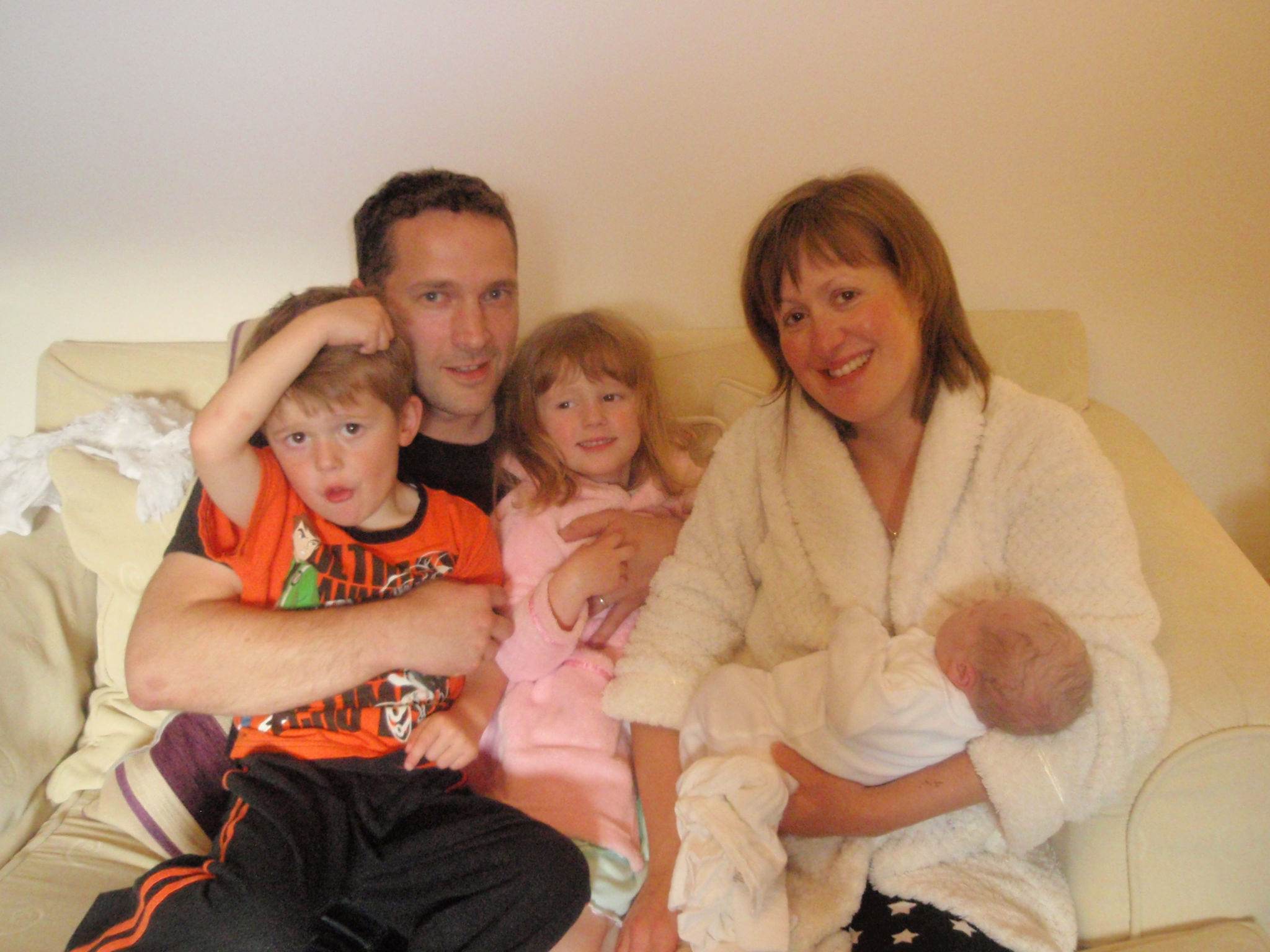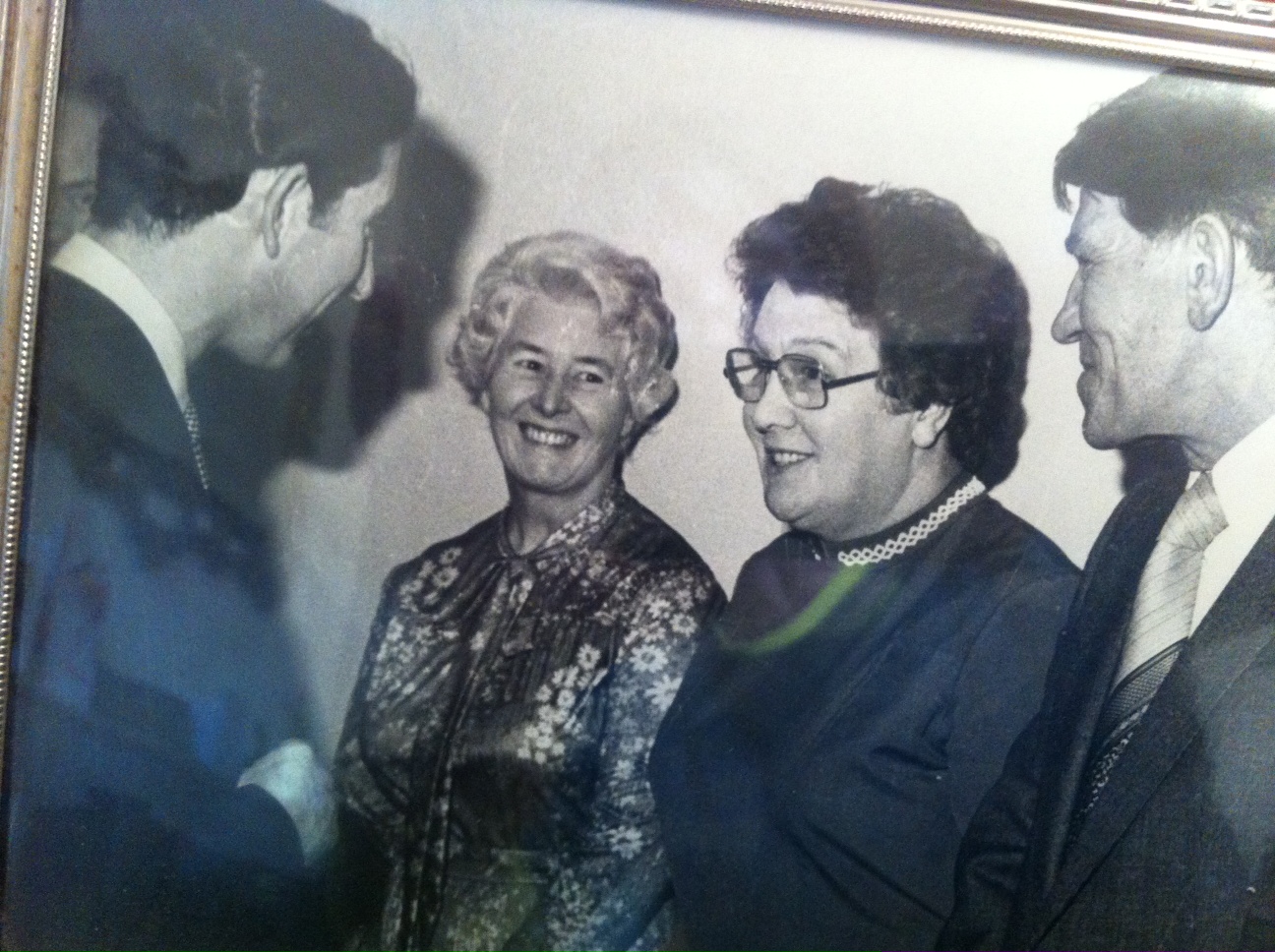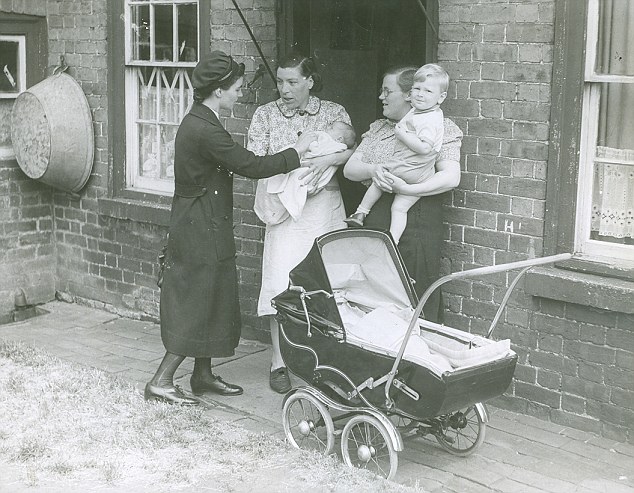DON'T JUDGE ME: I was a victim.
/Image: www.slate.com
Anon.
Dear midwife, do you understand the power of your words?
We met last week, you said that the woman with a controlling husband was stupid for staying with him: I hope that this piece makes you stop and think, and learn and change.
Firstly, who are you, defender of women’s rights and autonomy, advocate, care giver, change maker, worker, midwife, to pass judgement and to call a woman stupid? As I sat across from you, did you think that I was stupid too? I am a third-year student midwife and I presented the paper I had just had published in a journal to a group of qualified midwives: did I not fit the profile of victim of domestic abuse?
I am not stupid
I am not stupid: I am bold, fearless, courageous, loving, loyal, fiercely intelligent. I fled from a controlling and manipulative husband, packing my life and my children into my battered car in less than an hour. After years of unhappiness, months of convincing myself to just hold out a little longer, of ‘safe words’ I knew to use if I had to call my dad and get him to race the 8 miles from his house to mine, it all came down to one abusive phone call too many. It was a choice that was not taken lightly. Do you understand that you made me feel judged, spineless, cowardly, ridiculous, weak, for staying so long?
‘Stupid’ suggests that she knows what he’s like and that she has a choice. That I knew, that I had a choice. Theoretically there is a choice: stay or go. In reality, is there somewhere to go, money, support, safety?
Photo: Pinterest
Do you know what it’s like to live with someone who controls you? Apparently, it isn’t normal for your husband to make all the decisions, to shout at you as soon as he gets home from work, to drink every night, to ignore you, to use sex as a weapon, to check your messages, to track your phone, to scour your phone bill, to follow you, to go through your handbag, to set all your passwords to his name, to read every single reflection you’ve ever written and every scrap of paper you put in the bin. Who knew it wasn’t normal for the man you love to drive you halfway to a family celebration and then refuse to go any further and turn around and go home, to accompany you to your best friend’s wedding and force you to leave after the speeches for no other reason than he didn’t want to stay.
Who was I to say that it wasn’t acceptable to live with a man who told me that my family hated me, that the only reason my dad offered to pay for my wedding was because he wanted to make up for the fact that he had never loved me. I must be stupid for not realising that he was calling my parents behind my back and telling them I was mental. It wasn’t OK for him to hurl abuse at me until I’d end up curled in a ball on the floor sobbing, at which point he would change completely, insisting he hadn’t meant to upset me and that he loved me. It wasn’t OK for him to spend months threatening to tell people that I was an unfit mother if I left him, for me to stand in a supermarket and beg him to love me when I was pregnant with our children. None of it was OK, and none of it was my fault. I understand that, my head knows that he was the one to blame, but he’s conniving and clever and cowardly. He’s inside my head, and has eroded my sense of self-worth. I’ve been left wondering why I would deserve to be loved, and those thoughts spill over into all my relationships: colleagues, friends, women I care for, why would I be good enough?
You have not walked a mile in my shoes
You do not know me, you have not walked a mile in my shoes, you did not barricade yourself in the home office and sleep with a knife under your pillow because you were scared of the man who vowed to love you and protect you. At least I hope that you do not know how it feels, and I hope you don’t have children or friends who will know the loneliness and pain of living in an abusive relationship. I hope you don’t have a son or daughter who will turn up on your doorstep unannounced one day because he or she is scared. I also hope that if that happens, you listen and hear. I hope you don’t tell your child to suck it up because they made their bed, and that you don’t tell them that they’ll never cope without him.
To be honest, I was not stupid, I was afraid. I was afraid of being alone, of coping with my children, of losing my children. He convinced me I was useless, redundant, insane. I felt as though I had lost my mind, and I wanted to die. By the end of our relationship, after nearly a decade of him, I thought the only way out was if I died. I had hit rock bottom and had lost control of my life, and he kept making it worse.
Image: South China Morning Post http://www.scmp.com/news/hong-kong/article/2049285/hong-kong-losing-battle-against-domestic-violence
To anybody who has cared for and will care for women in abusive relationships, you cannot imagine the damage that occurs. He never hit me, but he demoralised me and took great pleasure in telling me how awful I was. On our wedding day, which is four years ago tomorrow, he looked me up and down and sneered ‘that dress is very you’, swiftly followed by ‘I thought you’d have worn more make up’. Not surprisingly, he got insanely drunk and did not utter one word to me after we said our vows. I knew. I knew I shouldn’t be marrying him, but I loved him so much and I wanted to prove that I was good enough for him, that I deserved his love. I was also in over my head and couldn’t think of how to get out.
I’m not sure I can do justice to how that relationship made me feel. I have come out of my marriage bearing battle scars that run deep, and I doubt that I will ever trust anyone again, at least not for a very long time. I will not invite people into my life unless I am sure they don’t just want to hate me and punish me: friends and family are kept at bay because I don’t want pity or misunderstanding, or to get hurt. Some of the friends that I thought were my friends have broken my heart, others who I tried to keep out have called my bluff, got through the armour and are here to stay.
It's not over...
The thing is, it’s not over. We have two glorious children together, I am civil to him for their sake, I can pretend to be friends with him so that the little people in my life do not have to suffer any more. He still controls me. I am going to have to fight to get any money out of our joint-owned property, he chops and changes his mind, he decides when he is working so he can control me. He attempts to manipulate the children, telling them to be brave and count down the days until they are next together. The truth is that they make a fuss when he drops them off because he is making a fuss, they are small and do not deserve to be caught in the crossfire of his games. He wants to be in charge and does not understand why this can’t happen all the time. He isn’t sad that he’s lost my love, he’s sad that I made the decision to stop loving him because that meant he lost a bit of his control over me. I nearly drove myself off the road one day and hoped that people would think it was an accident. Enough was enough. I heard a specialist midwife talk about domestic abuse in a lecture at university and realised that she was describing my life, my marriage. That sowed the seed of doubt, and realisation soon followed. One of my children looked at me one day and said “I don’t want you to die mummy”, and I would have done it, I would have left my kids to get myself out, I nearly walked away and left them. “I don’t want you to die mummy” made me realise that I am important to them, that I matter. I matter!
I had moved all my important documents to a friend’s house weeks before I decided to go, mainly because I was afraid that he would take my children away from me. When I left, I packed everything I could carry and squeezed it into my car, I lived out of bin bags at my dad’s house for a month. I was grateful to him, but I felt in the way and lost, although the relief of not having to yield to my husband was immense. I chose things for a new flat without asking permission or feeling bad, or being made to feel bad. My children and I spent the summer exploring our new home and the surrounding beaches, we spent a week on holiday in Cornwall and we barely stopped laughing. We walked and laughed and cried and adjusted. I was strong and brave and courageous for my children, the hardest part seems to be now. My wedding anniversary, mother’s day, his birthday, my birthday all fall within a ten day period, and it has been tough, although I do not know why. This year I had no expectations of him and therefore was not disappointed. I didn’t cry this year, on any of those days. Last year I cried on each of those days. Progress.
I need to thank the women who picked me up
I have written this anonymously, but I need to thank the women who picked me up and stuck me back together again. The one who emailed me late at night to check that I had returned safely from the marriage counsellor I had been forced to attend, the ones who had the courage to say I couldn’t go home as they didn’t think I was safe, the ones who scooped me up, the ones who kept me going, the ones who treated me as though nothing had happened so I could feel normal, even if only for one shift, the one who invited me into her home and cooked for me, the ones who called my bluff on my standard response of ‘I’m fine’, those who continue to challenge and push me, who realise that an abusive relationship doesn’t define me. To the woman who asked whether my children were clean, dressed, fed and loved, and if they were then that was enough for today. To the friend who insinuated herself into my life without me even realising it, thank you for persevering with me, I couldn’t imagine my life without you in it. To the women who have met my glorious girls, and have smiled at them, given them a word of kindness, to the women who inspire me each and every day with their strength, courage, kindness, laughter, and love.
To my lecturers and mentors, there are literally not enough words to express the depth of my gratitude to you. Thank you for your kindness, support, honesty, compassion and understanding, thank you for giving me the tools to save myself, thank you for having the courage to ask difficult questions. Thank you to the group of feisty and fearless midwives and student midwives who stand shoulder to shoulder with me, who share my successes and hug me when I break. Thank you for sticking me back together piece by piece and for making me feel as though I matter.
To the midwife who prompted this reflection, thank you for your crass comment as it made me stop and think. I hope you have glimpsed inside my life, but you can never know the reality, as I can never know the reality of yours or anybody else’s life. Please think before you offer an opinion next time, please show some compassion, for your colleagues as well as the people you care for. Domestic abuse isn’t always evidenced by a black eye or bodily bruises, you don’t know who is going home to an unhappy relationship, who is being controlled, bullied, raped, beaten, degraded, humiliated, downtrodden. You don’t know who isn’t safe just by looking at them, you don’t know which woman, colleague, student, needs you to ask that question about what their life is like when they step in through the front door. You don’t know whose home has become a prison, and whose partner their jailor. Always ask the difficult questions, and never judge. Please be kind, because here is the thing about being in an abusive relationship, it is just so secretive and lonely.












